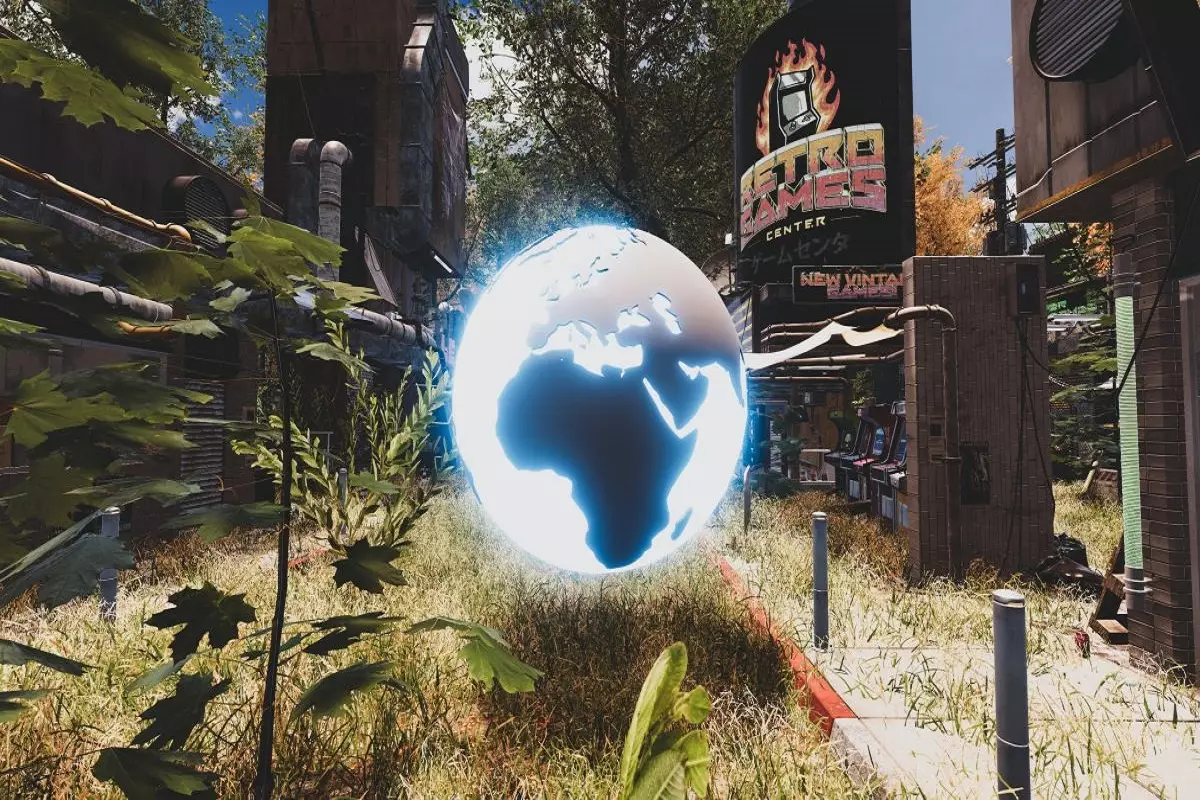Africa is witnessing a gaming revolution largely propelled by the explosion of mobile gaming. Currently, mobile platforms are responsible for a staggering 92% of gaming activity across the continent. This paradigm shift is not just a passing trend; it’s a clear indication of the evolving landscape, spurred by a surge in internet accessibility and the reduction of mobile data costs. The African gaming market is projected to soar to $3.72 billion by the year 2029, affirming its position as a pivotal player in the global gaming ecosystem.
As internet penetration improves and devices become more affordable, there is a newfound enthusiasm from both local and international developers and investors. They are beginning to pay close attention to the unique dynamics of the African gaming market, recognizing the continent’s potential to cater to a massive, previously unengaged audience. This burgeoning interest signifies a shift in perspective—Africa is no longer seen as merely a consumer market but as an emerging powerhouse in gaming development.
The concept of Web3 gaming, a blend of gaming and decentralized finance (DeFi), is becoming increasingly popular among African gamers. This innovative model allows players to earn rewards while engaging with blockchain games, thus creating a dual layer of involvement and incentive. Titles like Axie Infinity and Hamster Kombat are paving the way for this new frontier, captivating players across diverse age groups and demographics.
At the core of Web3 gaming are non-fungible tokens (NFTs), which grant players the ability to own unique in-game assets. This ownership not only enriches the gaming experience but also enables users to trade or monetize their assets outside the game environment. For developers, this creates a compelling revenue model, making GameFi an appealing avenue in the African context. As the continent’s gaming sector adapts to integrate these technologies, the potential for financial growth in this arena becomes clearer.
The interest from international investors has sparked a wave of funding into African startups focused on Web3 gaming, with firms like the Sony Innovation Fund recognizing the continent’s burgeoning potential. Such investments are crucial for building the necessary infrastructure, allowing developers to create and scale their offerings for both local and global audiences.
However, while the potential for growth is promising, significant hurdles exist. A notable challenge is the absence of comprehensive regulatory frameworks for blockchain and Web3 technologies. Only a handful of African nations have enacted supportive laws, while the majority continue to grapple with how to regulate what is still a nascent sector. This regulatory void can dampen innovation and create uncertainty for startups, making operational compliance a daunting task.
Moreover, educational disparities around blockchain and Web3 gaming further complicate matters. Many potential users lack a foundational understanding of these technologies, which can hinder adoption due to fears of scams and fraud. Establishing trust through security protocols is paramount for instilling confidence among players.
Despite these challenges, there are viable pathways to fostering a thriving Web3 gaming ecosystem in Africa. One approach involves implementing regulatory sandboxes—controlled environments where startups can innovate while adhering to oversight regulations. This could lessen the compliance burden and focus efforts on product development.
Additionally, collaboration between developers, investors, and regulatory bodies will be essential to create an environment conducive to growth. These partnerships can institutionalize support systems that enable developers to navigate the complexities of compliance while honing their innovative edge.
Educational initiatives are also critically important. By fostering digital literacy and elucidating the benefits of Web3 gaming, stakeholders can enhance user engagement and facilitate greater understanding of these transformative technologies. Collaboration with educational institutions on knowledge-sharing initiatives could demystify the intricacies of blockchain for average users.
Looking ahead, there is a unique opportunity for African developers to weave cultural relevance into their gaming narratives. Games that reflect local traditions, folklore, and societal norms can capture the hearts of not just African audiences but international gamers as well. This focus on authenticity could position African developers as leading voices in the global gaming arena.
With a combination of strategic regulation, robust investment, and continued innovation, Africa is on the cusp of becoming a major player in the Web3 gaming landscape. The rapid expansion of the gaming market in Africa aligns seamlessly with the increasing appetite for immersive and rewarding gaming experiences. If African developers leverage these opportunities adeptly, they stand poised to reshape global gaming narratives, turning the continent into a vibrant hub of creativity and digital interaction.
While challenges persist, the future for Web3 gaming in Africa holds promise. With proper strategies in place, the continent is set to make a lasting imprint on the world of gaming. The narrative of African gaming is just beginning, and it looks decidedly vibrant.
















Leave a Reply